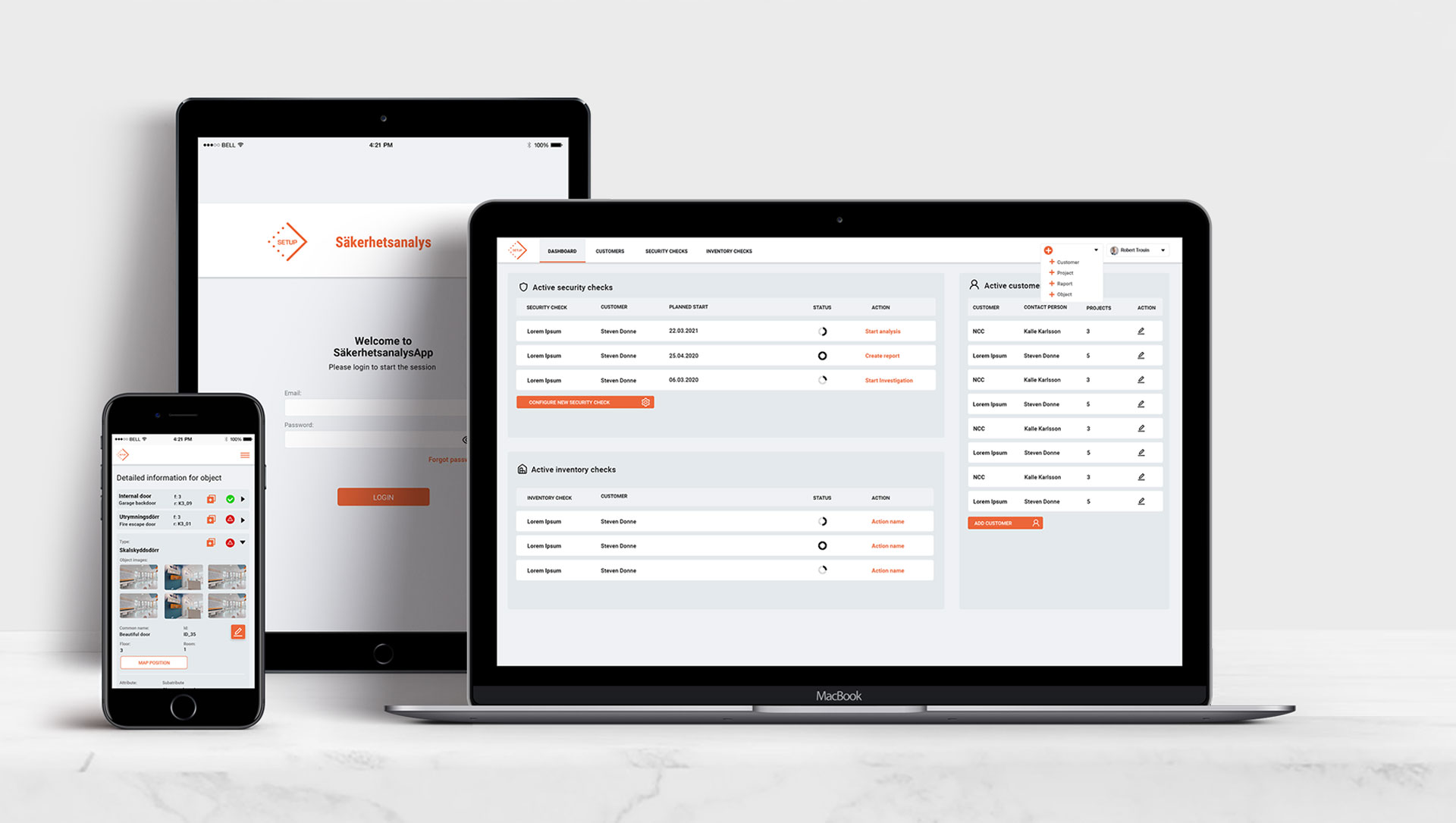Tendium's AI-Powered Tender Process Solution
Overview
AI-powered dual-function portal that automates the tender process, democratizes public procurement, and levels the playing field for suppliers.


Tendium is a Swedish startup dedicated to democratizing the process of responding to tenders in public procurement.
In Sweden, the public sector contributes approximately 17% to the nation’s GDP. The process of public procurement is arduous and expensive due to the manual processing and administration it involves. Each tender can contain between 5-50 documents and can cost up to half a million to prepare a bid for a large tender.
This complexity often excludes many companies from competing for any of the 18,000 tenders issued each year. A study by the Confederation of Swedish Enterprises revealed that 96% of suppliers are displeased with the procurement process.
Tendium seeks to democratize procurement, thereby reducing the wastage of taxpayers’ money due to inefficient procurement procedures.



Tendium aimed to streamline the procurement process by automating document flow using AI. However, they lacked the necessary expertise in AI development and sought an IT provider with the relevant skills to materialize their concept.
They intended to use AWS and build the cloud from scratch, and this search led them to Euvic, an experienced partner in AWS. The project involved setting up DevOps for agile work, adhering to AWS architecture best practices, with a consistent focus on user experience and platform integration.



We developed a dual-function portal to automate the tender process. This solution utilizes AI and Machine Learning (ML) for collection and analysis of tender documents.
The portal enables suppliers to match their companies with suitable tenders effortlessly and verify if they meet the tender requirements. It also alerts suppliers if additional information is needed for a specific tender, such as a missing CV.
AI has begun to level the competitive field. The portal will make the procurement market more accessible, allowing smaller businesses to compete more effectively with larger companies.
By simplifying the process so that relevant data can be quickly scanned, money previously lost on unsuccessful contracts can now be invested more effectively in other areas.



.webp)






.png)
















































